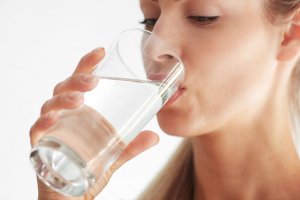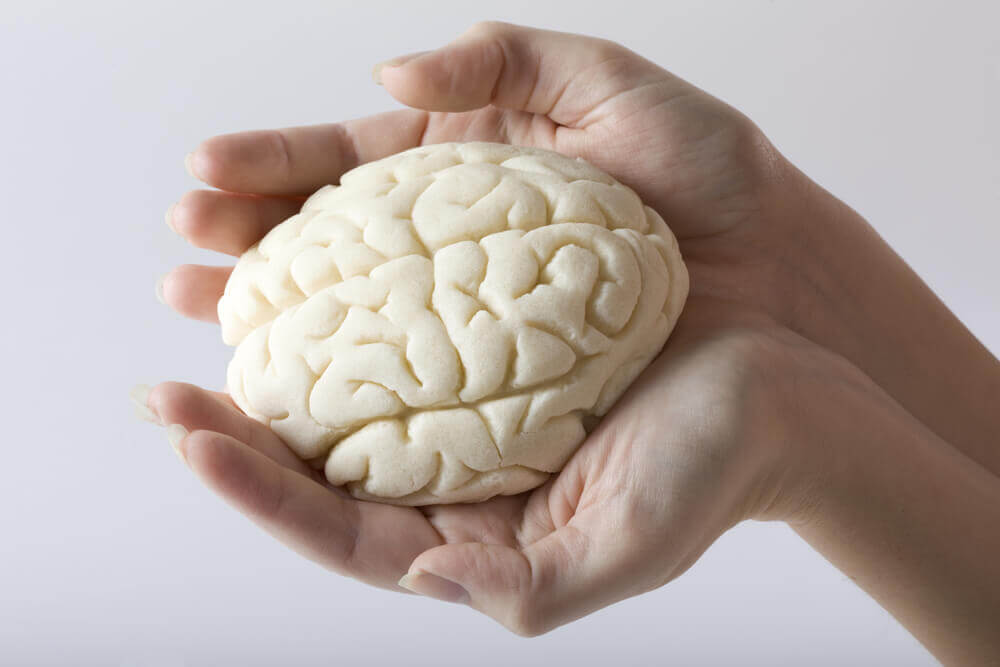Why is Hydration so Important?

“I forget to drink water. ”“I don’t get thirsty.” “I don’t like the taste of water.” “No thanks, I prefer soda.” If you’ve said any of the above phrases on more than one occasion, then today’s article is for you. We’ll let you know why hydration is so important.
As you probably learned in elementary school, 60% of your body is made up of water. That’s why hydration is so important to keep your health in good condition.
Water consumption is vital for every living being. The fluids you lose must be replaced to keep your body functioning properly and prevent any health complications.
Let’s take a look at why.
Reasons why Hydration is so Important
Your body loses fluids every day, through sweat, urine, and other bodily functions. If you exercise regularly or especially in hot weather, you need to take special precautions.
Today, we want to share seven of the benefits of good hydration with you:
1-It improves brain function

Drinking plenty of water allows your brain to work faster, sharpens your memory, and improves your mood.
On the other hand, dehydration reduces cognitive abilities, attention, memory, and your ability to concentrate.
If you want to improve your overall performance, prevent headaches, and increase your skills, you need to keep your body hydrated. You’ll be more mentally alert if you drink plenty of water.
2-It restores important chemicals in the body
When you sweat, especially during exercise, your body loses magnesium, potassium, and sodium. If you don’t replenish those lost minerals you can experience fatigue, muscle weakness, cramps, and spasms.
Remember that water transports nutrients and chemicals through your organs, tissues, and other bodily systems. If you’re not properly hydrated, how can you distribute those supplies that your body needs?
3-It cleans your arteries
It’s better safe than sorry when it comes to health problems. If you drink enough fluids, you can maintain healthy blood pressure and improve the elimination of waste from your cells.
Dehydration, on the other hand, causes low blood pressure and increases in your heart rate. If you want to prevent these conditions, remember to stay properly hydrated.
4-It regulates your body temperature
The body is very smart. When it heats up, water plays a fundamental role as you sweat to self-regulate the temperature.
To balance that increase in temperature, your sweat glands secrete a fluid that flows to the surface of the skin. When you don’t drink enough water it can negatively affect your performance.
5-It helps eliminate toxins
Drinking enough water helps eliminate impurities and other substances your body no longer needs. Sufficient hydration also keeps your liver and kidneys in good condition, which are responsible for expelling toxins.
The importance of this habit for detox is so vital that in Japan, water fasting is common and is known to provide a wide variety of benefits.
Don’t miss it: Tips to Improve Your Memory
6-It improves kidney function
Drinking enough water helps your kidneys work properly. Good hydration allows you to eliminate waste through your urine, which can prevent ailments such as kidney stones.
If your kidneys aren’t working properly, calcium will not properly attach to your bones. Some of the possible consequences include:
- Increased risk of anemia and heart attacks
- Build up of acid levels in the bloodstream
- For women, it can cause irregular periods.
7-It facilitates digestion and bowel movements
If you suffer from constipation, drink more fluids! Poor hydration slows down your digestion. As a result, it takes longer to eliminate solids through your intestinal tract.
Constipation occurs when solid waste does not move quickly enough through your large intestine. The stools can become hard and difficult to remove during bowel movements.
Prevent this problem by drinking more water.
How Do You Know if You’re Dehydrated?
You already know why hydration is so important. Now, we also want you to learn to recognize the signs of dehydration.
If you’re not getting enough water, your body will let you know through various symptoms. Some of them could include:
- Extreme dryness or cottonmouth
- Low desire to urinate, or urine that is a dark color
- Headaches and dizziness
- Dryness and a lack of elasticity in the skin
- Drowsiness or severe fatigue
- Lack of tear production
- Overheating
- Constipation
Important Recommendations

There are a few things you should remember when it comes to your daily fluid consumption:
- Avoid extremes: 6-8 glasses water a day is sufficient for the proper function of your body. Drinking more than you should can cause other health problems.
- Follow a schedule: If you’re finding it difficult to remember to drink water, create an alarm on your phone and record how much you consume. There are also certain apps that can help remind you of this.
- Always have water with you: Make your water bottle your faithful companion. Get used to carrying at least one liter of water with you so you can drink it throughout the day.
- Use natural flavorings: If you don’t like the taste of water, add a slice of lemon, some mint, cucumber, apple, or basil…There are plenty of ingredients you can use to improve the flavor of your water.
- Add water to your exercise routine: If you work out on a regular basis, you should hydrate before, during, and after each training session. Of course, don’t drink too much, however!
Remember that the correct function of your entire body depends on proper hydration. When you make drinking water and other fluids a regular habit, your body will thank you.
All cited sources were thoroughly reviewed by our team to ensure their quality, reliability, currency, and validity. The bibliography of this article was considered reliable and of academic or scientific accuracy.
- Félez-Santafé, M. (2011). El agua. In Situación actual del estado de la depuración biológica. Explicación de los métodos y sus fundamentos.
- Luis Calabuig, E. de. (2019). Agua. Ambiociencias. https://doi.org/10.18002/ambioc.v0i13.4949
- Orellanna A., J. (2005). Características del agua potable. Ingeniería Sanitaria- UTN – FRRO. https://doi.org/10.1016/j.ejheart.2004.09.003
This text is provided for informational purposes only and does not replace consultation with a professional. If in doubt, consult your specialist.








